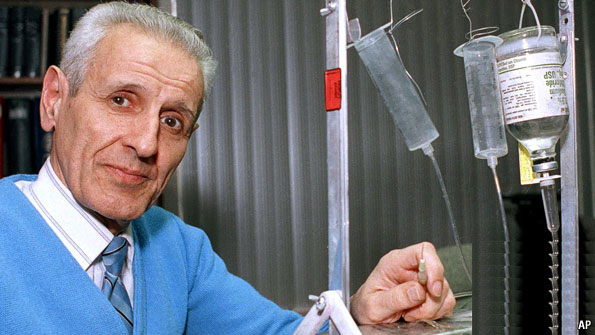Department of Corrections opts out of physician assisted suicide law in California.
Below are excerpts of the proposed response to this new California law.
www.cdcr.ca.gov/Regulations/Adult_Operations/docs/NCDR/2016NCR/16-10/NCR_16-10_Notice_of_Proposed_Regulations_Posting.pdf

3359.8 End of Life Option Act Exemption
New section 3359.8 is adopted to read:
All terminally ill inmates remaining in the custody of CDCR will receive health care appropriate and necessary to their situation, including counseling, hospice and palliative care. Inmates in the custody of CDCR shall not be provided aid-in-dying drugs under the End of Life Option Act (California Health and Safety Code, Division 1, Part 1.85, Sections 443-443.22). Employees, independent contractors, or other persons or entities, including other health care providers, shall not participate in activities under the End of Life Option Act on premises managed by or under the direct control or management of the Department or while acting within the course and scope of any employment by, or contract with, the Department.
Page 5
Confirming that individuals requesting end of life medication have made an informed and voluntary decision is the most significant factor in the End of Life Option Act. Its provisions describe the specific content and timing of the required oral and written requests for the medications. Confirmation of the request to the attending physician is required from a consulting physician and from a mental health specialist if there are indications of a mental disorder. Even within those safeguards, it is unclear how an inmate could make a voluntary decision in light of the influence and effect of confinement. The degree that inmate decisions are influenced or coerced, directly or indirectly, by the conditions of confinement or by the remaining length of sentence cannot readily be measured or alleviated.
Given the custodial status of terminally ill inmates, the End of Life Option Act creates a potential conflict of interest for CDCR staff and contractors responsible for inmates’ safety and welfare. In California, CDCR determines where inmates will be assigned and determines their housing restrictions in the prison; it decides who can visit them and for how long; and their access to food, clothing and personal property. Health care is provided to inmates by CDCR employees or through contracts with CDCR. Prison health care staff determine what care is offered to inmates, when and which employees or contractors will provide treatment. Finally, the State of California pays for inmate care and treatment of inmates, including end of life care.
Once the aid-in-dying drugs are prescribed and delivered to the patient under the End of Life Option Act, the individual is free to choose when and where to ingest the medication. Alternatively, the person may decide not to end his or her life. The abuse of both illicit and prescribed medications in CDCR is a major safety and security concern. If a terminally ill inmate were allowed to possess aid-in-dying drugs, significant operational and administrative controls would be required to manage access to the self-administered medications. Prison staff would have to play an unacceptable role in managing and supervising the inmate’s end-of-life actions.
Page 6-7
